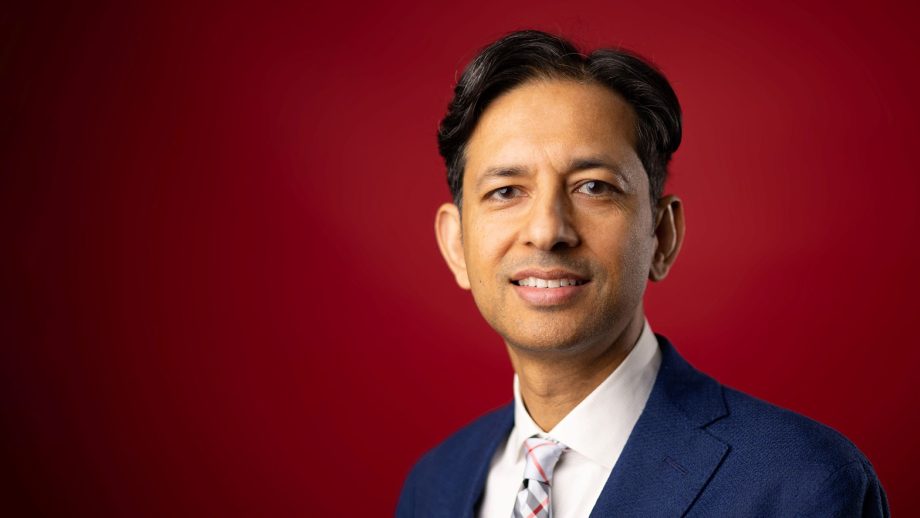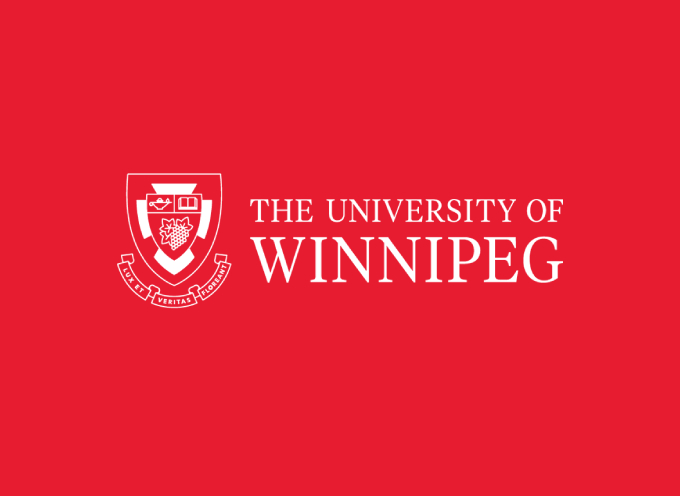WINNIPEG, MB – The University of Winnipeg’s Board of Regents last night approved a balanced operating budget of $100 million for the 2011-2012 fiscal year. This year’s budget emphasizes key academic priorities including faculty hires, additional research monies, campus facility enhancements, and the introduction of new second-and third-year scholarships and bursaries. Several critical units will also be restructured in an effort to enhance service delivery to students.
“The 2011-12 University of Winnipeg budget continues our tradition of delivering high quality, accessible, student-centered post-secondary education,” said Dr. Lloyd Axworthy, President and Vice-Chancellor, UWinnipeg. “We remain committed to broadening the range of learners attending our University, while providing first-rate learning experience to students and enhancing the teaching and research opportunities for faculty members.”
In addition to existing financial support for students – including entrance scholarships, Opportunity Fund bursaries and other academic awards – the University is pleased to be introducing $250,000 in new second and third year scholarships and bursaries, supported in large part by the Manitoba Scholarship and Bursary Initiative.
Tenure track positions enhanced
The University’s budget also places high priority on excellence in instruction. The University of Winnipeg is hiring 31 tenure-track faculty, consisting of seven newly-created positions, 14 replacements for faculty positions vacated in the year through retirement or other turnover, and a number of conversions of term instructors. The new faculty hires not only bolster the quality of instruction at the University but also advance a better ratio between tenure-track faculty versus contract faculty or term appointments. The ratio of faculty positions to term and contract faculty is dictated by the University’s collective agreement with its faculty association. The increase in teaching capacity is also required due to continuing increased enrollment in the University’s highly-rated undergraduate and graduate programs. Furthermore, the Senate recently established an academic advisory committee on budget priorities, intended to align with the Province’s three-year funding commitment.
“I am pleased to report that this year we are not only strengthening the number of tenure track faculty at UWinnipeg,” said Axworthy, who added that the University is increasing the amount of internal research opportunities available to faculty from its current level of $191,000 to $250,000. “We are also creating a new Chancellor’s Research Chair to be awarded annually to an internal candidate that will include a research grant of $7,500 per annum.”
The additional internal research dollars will leverage research monies from other levels of government, foundations and/or private sources.
The University looks forward to the opening of the Richardson College for the Environment and Science Complex in the late summer – the most environmentally sustainable, energy efficient science education facility in Canada. The opening of this state-of-the-art science facility and Diversity Foods’ new venture – “Elements, the Restaurant” – will be followed by ribbon-cutting ceremonies for other new facilities and amenities including Stella’s Café in the Buhler Centre, as well as the new bookstore, medical clinic and Garbonzo’s Pizza Pub operated by CanadInns in the AnX.
“Soon University of Winnipeg students will be able to take in a class, get a medical check-up, buy a book and end their day with a meal without leaving campus. If they are up-to-date on their assignments, they may even grab a cold beverage,” quipped Axworthy.
Historical imbalance
While achieving a balance budget, the University continues to grapple with financial pressures, which have compounded over time as a result of a historical imbalance in the structure of the University’s provincial operating grant.
“The University of Winnipeg has cut all possible expenses over the past several years without significant impact on student services and academic integrity,” said Axworthy. “As downtown’s university, we face distinct operating grant imbalances and other challenges unique to our situation. Our location offers great opportunities as a positive agent for change in the inner city. This provides a significant social benefit, but also comes with financial costs which we continue to absorb.”
In order to balance the budget the University has had to aggressively increase its vacancy management and restructure several key service units. In budget year 2011-2012, senior executives will receive a 0% general salary increase for the third year, and middle managers will receive a 0% general salary increase for the second straight year.
Other significant events facing UWinnipeg this year include the restructuring of The University of Winnipeg Foundation as its capital campaign ends and the transition of fundraising activities into existing UWinnipeg resources; and an obligation to increase pension contributions expected to result from a regularly scheduled pension valuation required as at December 31, 2010. The final assessment of the Pension Plan valuation will be known by September.
The University is in active conversation with the provincial government regarding several critical funding issues.
Budget Highlights:
Revenues
- The Government of Manitoba is providing an increase of 5% to UWinnipeg’s and other universities’ baseline operating grants
- Tuition and related fees for graduate and undergraduate programs will increase by 1% as mandated by the Province
- When combined, this results in a 3.3% increase to the University’s total operating revenue
- Other revenues include donations, sponsorships, room rentals and revenues from various student services such as the new bookstore, increased food sales on campus and several of the University’s revenue generating academic units (Collegiate, English Language Program and the Division of Continuing Education)
Expenses
-
Salaries remain the largest part of the University’s budget – more than 75% of the core budget
-
UWinnipeg is increasing tenure-track faculty positions by adding some new positions and converting some sessional instructors for a total of 31 positions while decreasing reliance on sessional instructors and contract faculty
-
An allowance has been made to accommodate expected increased pension expenses resulting from a valuation of the University’s now closed Defined Benefit Pension Plan. The final assessment of the Pension Plan valuation will be known in September
-
Student services will be enhanced through upgrades to the Student Information System
-
An additional $250,000 is dedicated to new scholarships and bursaries to be funded by the University’s trust funds, provided in large part by the Manitoba Scholarship and Bursary Initiative (MSBI) Program
-
Internal research opportunities will be increased from its current level of $191,000 to $250,000
-
A new Chancellor’s Research Chair will be awarded annually to an internal candidate including a research grant of $7,500 per annum.
It is important to note that while the University’s “A World of Opportunity” Capital Campaign has generated more than $70 million to date, all of these funds are committed to specific projects and programs. None of these funds can be used in the annual operating budget. The Capital Campaign draws to a close in September 2011.
MEDIA CONTACT
Diane Poulin
The University of Winnipeg
(204) 988-7135
d.poulin@uwinnipeg.ca




